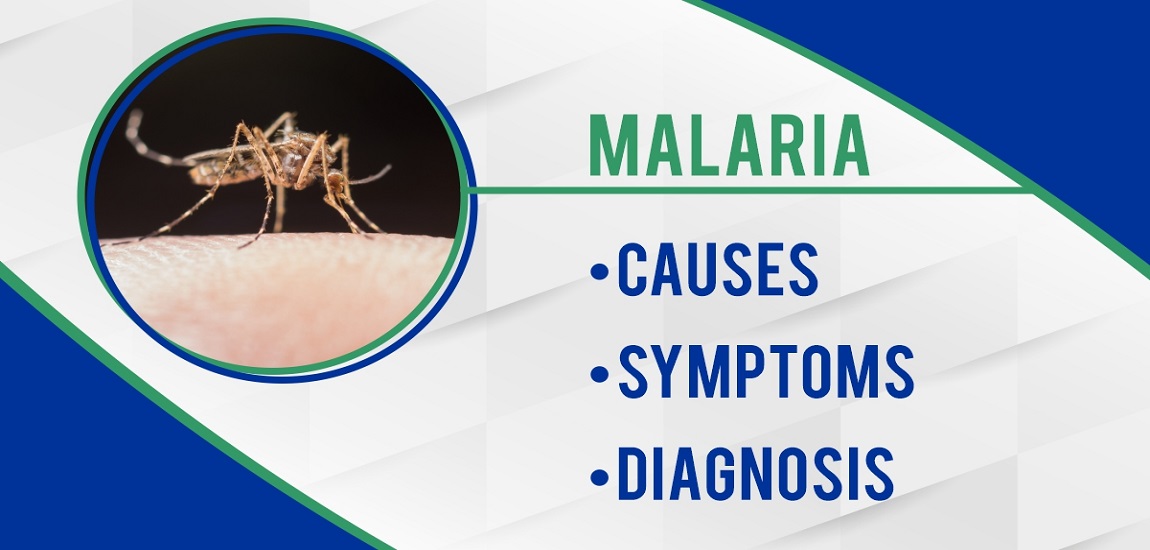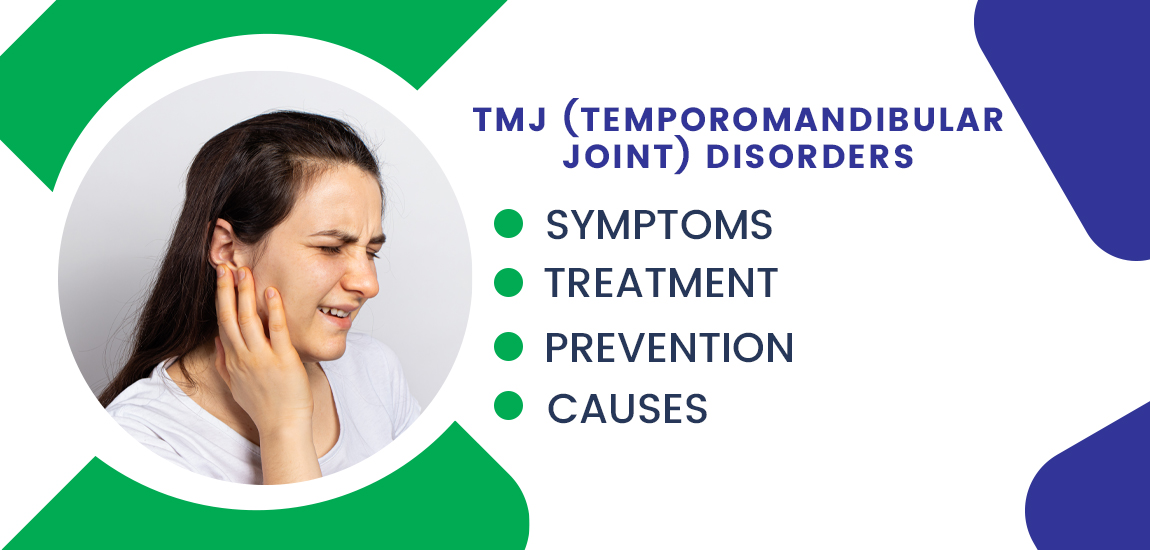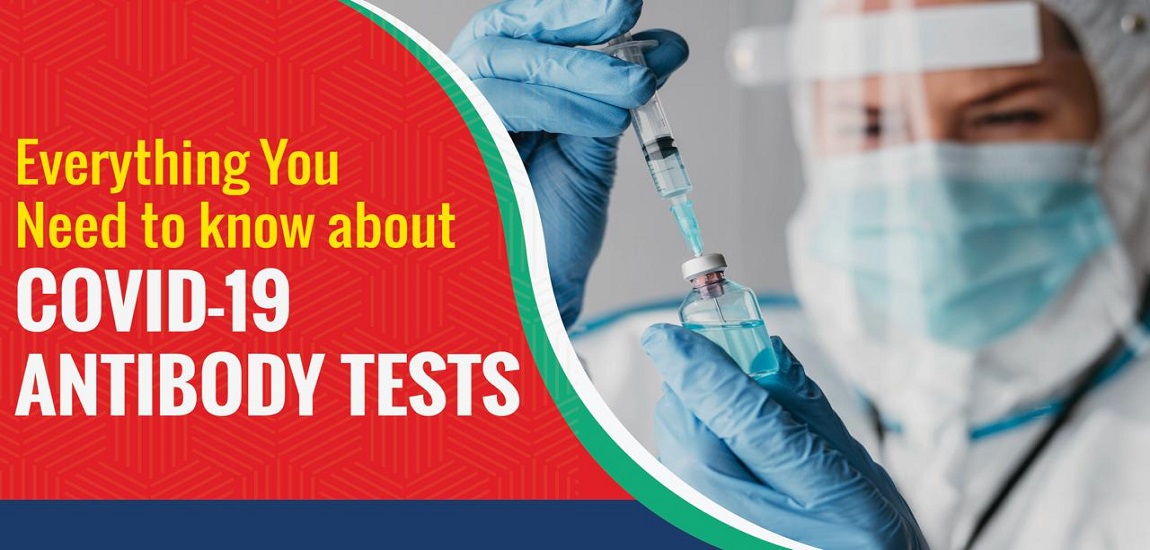
- By JRSH Admin
- In Health and Tips,
- Posted April 08, 2022
Malaria: Causes, Symptoms, and Diagnosis
What is Malaria?
Malaria is a parasitic disease. Infected mosquitoes bite humans to spread the parasite. Malaria usually leaves people feeling very ill, with a high fever and chills.
Tropical and subtropical countries are more prone to malaria than temperate climate countries. More than 400,000 people die of malaria every year, and nearly 290 million people contract the disease.
A major purpose of world health programs is to decrease malaria infections by distributing preventive drugs and insecticide-treated bed nets. Malaria vaccinations have been recommended by the World Health Organization for children who live in malaria-endemic countries.
Malaria vaccinations have been recommended by the World Health Organization for children who live in malaria-endemic countries. Preventive medicine is also available before, during, and after a trip to a high-risk area. There is a high incidence of drug resistance in malaria parasites
What are the symptoms of malaria?
After an individual has been infected with malaria, symptoms usually start appearing 10 days to one month later. It can cause mild symptoms. Up to a year after getting bitten by a mosquito, some people do not feel sick. An infectious parasite can survive in the body for several years without causing symptoms.
Flu-like symptoms are common with malaria. Among them are:
- Sweating and fever.
- Chills shake the whole body.
- Headache and muscle aches.
- Fatigue.
- Chest pain, breathing problems, and cough.
- Diarrhea, nausea, and vomiting.
Anemia and jaundice can form as a result of malaria (yellowing of the skin and eyes due to anemia).
Parasites That Cause Malaria
Malaria in humans is caused by five different parasite species. All of these can cause severe disease and death, but some are more dangerous than others:
P. falciparum. A tropical and subtropical species, it occurs in many parts of the world but is especially common on the continent of Africa.
Malaria caused by Falciparum multiplies rapidly, bursting red blood cells. Malaria caused by Falciparum is the most severe form of malaria. Small blood vessels in the brain, including those infected with these damaged cells, can become clogged.
P. vivax. Most of these species' habitats can be found in Asia, Latin America, and Africa. The liver is the place where P.vivax takes its dormant form. Thus, it can have the ability to infiltrate your blood up to two years after the infected mosquito has bitten you.
Malaria can also be reintroduced into previously malaria-free regions through these delayed infections (relapses).
P. ovale. Most of the species of this genus are found in Africa and the western Pacific islands. A relapse can occur months or years after a patient is infected with P. vivax, too.
P. malariae. This species occurs worldwide. A chronic kidney infection that goes untreated can result in nephrotic syndrome or chronic lifelong infection.
P. knowlesi. The disease can also cause severe infection in humans.
Mosquito transmission cycle
- An uninfected mosquito. By feeding on a malaria patient, a mosquito becomes infected.
- The parasite is transmitted. The mosquito may transmit malaria parasites to you in the future if it bites you.
- In the liver. A parasite enters your body and travels to your liver, where it stays dormant for up to a year.
- In the bloodstream. Infected red blood cells are infected by parasites when they leave the liver. This is where malaria symptoms are typically seen.
- On to the next person. An uninfected mosquito biting you now will create an infection with your malaria parasites and spread it to the next person it bites.
How is Malaria Diagnosed?
Doctors at Jeevan Rekha Superspeciality hospital will analyze whether you are infected by the malarial parasite or not based on the following factors:
- Parasites in the blood
- The effectiveness of certain medications against parasites
- Antibodies made by your body against malaria
Doctors prefer one of the following blood tests according to the requirements.
Thick and thin blood smears. Most accurate malaria tests are conducted with these. With a microscope, he examines it on a glass slide. One drop of blood covers the majority of the slide in a thin blood film, also called a blood smear. A thick smear concentrates the blood on a small area. A normal test involves two samples of each.
Your blood can contain different numbers of malaria parasites each day. So, even if you have malaria, your test might show you don't have it. Due to this, you may need your blood drawn several times within a couple of days for the best results.
Rapid diagnostic test. A quick alternative to blood draws or smears, RDT or antigen testing is a quick way to test for certain types of bacteria. An easy way to tell whether you have malaria is to test blood from a prick on your finger on a test strip that changes color over time.
This test has no way to determine which of the four common malaria parasite species has infected you. It cannot determine whether the infection is mild or severe. Smears should be performed in follow-up to all results.
Molecular test. It can identify the parasite type, which can help your doctor prescribe the right medication. Polymerase chain reaction tests are also known as PPCR. This test is a good choice if you do not have a lot of parasites or if the results of your blood smear are unclear.
Antibody test. It helps doctors determine whether you have had malaria before. Doctors look for antibodies in your blood after you have been infected.
Drug resistance test. Drugs aren't always effective against malaria parasites. If a drug is effective, your doctor will test your blood for it.
Other blood tests. Additionally, a chemistry panel and blood count may be taken. You can use this to tell whether your infection is severe and if it is causing other problems, such as anemia or kidney failure.
Complications of malaria
Jeevan Rekha Superspeciality hospital always looks forward to the best treatment of the patient. But there are some complications of malaria that can be very dangerous.
Plasmodium malaria, which is common in Africa, can be deadly. Most malaria deaths occur in children under the age of 5 - 94% of all deaths from malaria are estimated to occur in Africa.
The most common complications associated with malaria deaths include:
- Cerebral malaria. Blood cells containing parasites may block small blood vessels in your brain (cerebral malaria), which may result in swelling of the brain. coma and seizures are common symptoms of cerebral malaria.
- Breathing problems. Fluid accumulating in your lungs can make breathing difficult (pulmonary edema).
- Organ failure. In addition to causing kidney and liver damage, malaria can rupture the spleen. These are all life-threatening conditions.
- Anemia. A lack of red blood cells may result in inadequate oxygen supply to your body's tissues caused by malaria.
- Low blood sugar. Hypoglycemia can result from severe malaria, as well as quinine - which is commonly used for malaria treatment. It can cause comas or death if the blood sugar falls too low.
How is malaria treated?
Among the factors that our doctors will consider are:
- What type of parasite do you have
- Symptoms you are experiencing
- Location of your infection
- Age
- Pregnant or not
Jeevan Rekha multispeciality hospital is renowned for its best doctors who always provide the best medication according to the condition of the patients.
Malaria is treated with the following medications:
- Chloroquine or hydroxychloroquine. Symptoms of malaria that aren't serious and you live in an area where the parasites haven't become resistant to chloroquine may be treated with one of these drugs.
- Artemisinin-based combination therapy (ACT). This treatment combines two different medicines. Treatment for milder cases of malaria or more serious cases can include these drugs.
- Atovaquone-proguanil, artemether-lumefantrine. Chloroquine-resistant parasites can also be treated with these combinations. In addition, children can be treated with them.
- Mefloquine. If chloroquine cannot be administered, this medication is another alternative, but it has been shown to cause severe but rare brain side effects, and it should only be used as a last resort.
- Artesunate. Symptoms of severe malaria may be treated with artemisinin-based combination therapy for 3 days following the first 24 hours with this drug.
Tips to prevent malaria
Take precautions if you live in or are traveling to an area where malaria is prevalent. Avoid being bitten by mosquitoes by:
- Cover your skin. You should wear long sleeves and pants. Your shirt should be tucked in, and your pant legs should be tucked into your socks.
- The skin should be treated with insect repellent. Any exposed skin should be treated with an insect repellent registered with the Environmental Protection Agency. Among such repellents are DEET, picaridin, IR3535, oil of lemon eucalyptus (OLE), para-menthane-3,8-diol (PMD), and 2-undecanoate. Direct application of a spray to your face is not recommended. Using PMD or OLE products on children under three is not recommended.
- Clothing should be treated with repellent. It is safe to spray permethrin on clothing.
- Sleep under a net. Bed nets, particularly those that contain insecticides, such as permethrin, keep you protected from mosquitoes while you sleep.
Tags
Blog Search
Latest Posts
-
Ear Infections (Otitis Media): Top Triggers & How to Avoid Them?
April 11, 2025 -
Implantation Bleeding Vs Periods: Know the Difference
March 12, 2025 -
5 Tips for a Happy and Healthy Summer
February 27, 2025 -
Body Ache (Pain): Causes, Symptoms and Treatment Options
February 10, 2025 -
Fatigue and Exhaustion: Causes, Symptoms, and Treatment
January 08, 2025




